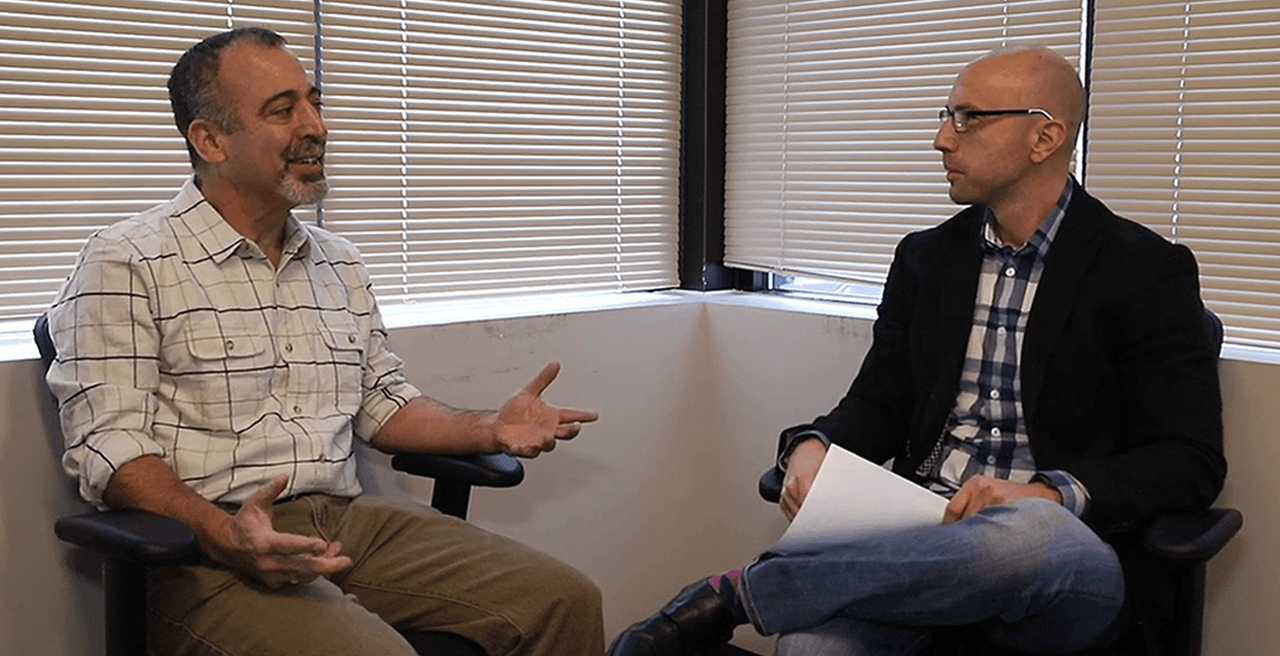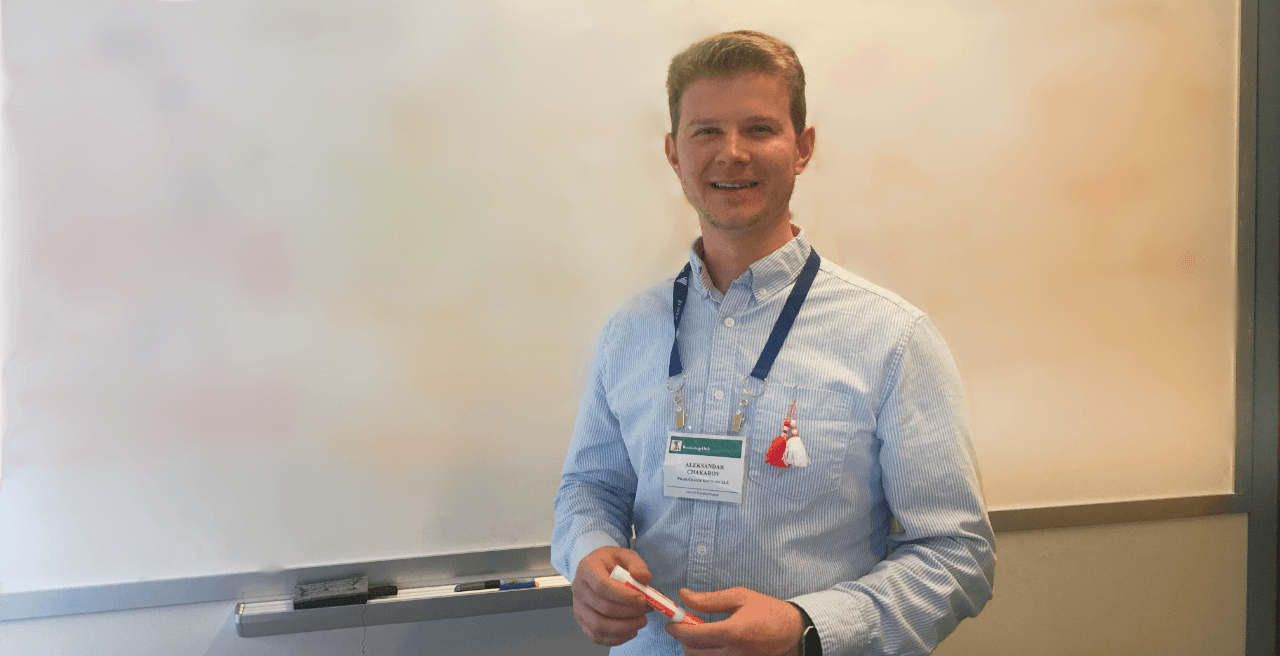Phase Change announces management changes in anticipation of market entry
Phase Change Software announced a number of executive changes in anticipation of bringing its first product, COBOL Colleague, to market. Founder and Inventor Steve Bucuvalas is stepping away from his roles as CEO and Chairman of the Board to enable him to focus all of his attention on product development and innovation, including Phase Change’s […]





